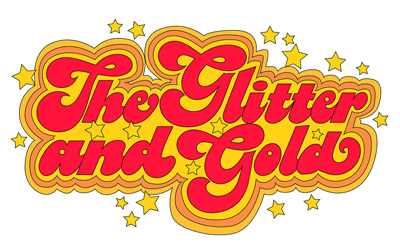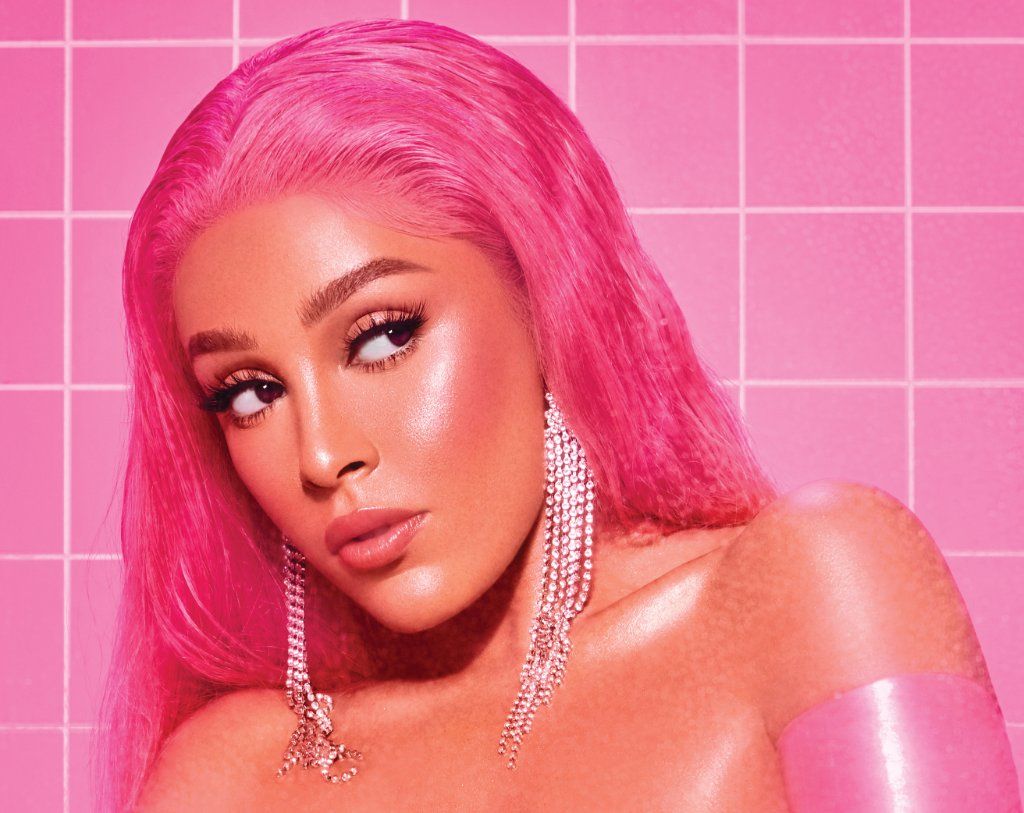This week Nightcore‘s ‘Heartbeat‘ is the Number One featured song on TikTok. According to music data company Chartmetric, ‘Heartbeat’ tops Charli XCX‘s ‘Boys‘ at Number Two, Demi Lovato featuring 2018 single ‘Solo‘ at Number Three and thumping dance number ‘Pump‘ by Khan Valentino at Number Four. If the reader has not yet put this together, the takeaway is this. TikTok is truly bizarre. It does not matter if the song is new or old, by a famous star or a niche YouTube channel like Nightcore Zodiac. If the song connects with TikTok’s massive audience, it comes out on top.
TikTok Favours Songs, Not Singers
TikTok is song-driven. Melody, rhythm and mood dominate over personality. This can feel refreshing after a decade of Instagram dominating major-label pop acts. Neither are TikTokers beholden to new releases. Songs can be from years or even decades past. Boney M‘s ‘Rasputin‘, Micheal Jackson‘s ‘Bad’ and Fleetwood Mac‘s ‘Dreams‘ have all enjoyed an unlikely resurgence in popularity thanks to the app.
The Influence of Anime on Popular Music
It is not just established names. Many obscure and niche artists have also been subject to considerable bursts of viral fame. ‘Heartbeat’ is one example. It reflects the anime fixation of Generation Z. While anime was a matter of taste for Millennials and older fans, it is part of the collective Gen Z experience. In the ’90s and 2000s, anime saturated pop culture. The success of the blockbuster Pokémon media franchise alongside Dragon Ball Z left a lasting impression on millions born after 1997. In short, Gen Z’s imagination and worldview are framed by anime.
This is reflected in popular music. Hip hop superstar Megan Thee Stallion regularly professes her love for Dragon Ball Z antihero Vegeta on Instagram. She famously references several anime characters, including Street Fighter’s Ryu and Picachu, in ‘Running Up Freestyle’. The Houston rapper is but one of several recent hip hop acts known to make regular anime namechecks.
This is by no means localised to hip hop. Dua Lipa‘s anime merchandise collection sold out almost immediately following its 2020 release. Billie Eilish draws her own anime-inspired characters. She also uses an anime version of herself on products and single covers.
What is Nightcore?
Nightcore was a 2000s Norweigan duo with roots in the hardcore musical movement of the ’90s. The duo’s work became so popular it spawned a subculture of remixing songs. At first, nightcore remixes were shared via file-sharing services before moving to YouTube in 2006. The signature elements of a nightcore edit involve speeding up the song’s pitch and time signature by 10% to 30%. The nightcore aesthetic is now commonly associated with anime artwork and anime-inspired audio visualisers. Nightcore Zodiac is the title of one nightcore YouTube channel with over one million subscribers. It is from this channel that the viral TikTok ‘Heartbeat’ edit traces its origin.
Marcus & Martinus
Anime is Taking Over
‘Heartbeat’ certainly lives up to the nightcore label. Its pitch-shifted vocals and anime aesthetic create a soft and surreal feeling. The song’s helium-infused vocals and syrupy production offer a cushion from reality. This seems fitting for anime which, after all, emerged from post-war Japan, a country coming to grips with the horrors of a nuclear holocaust and the widespread devastation of the Second World War. Modern anime may offer an equal sense of escape from the grim horrors of the coronavirus pandemic.
This could be too narrow of a view. Anime rules popular culture. Rarely though is it recognised as doing so. Its leading artists seem to linger in obscurity. There are no New York The Metropolitan Museum of Art exhibition for the work of Dragon Ball’s visionary Akira Toriyama or lavish coffee table books celebrating the iconic work of Pokémon illustrator Atsuko Nishida. The celebrity of these influential yet obscure graphic designers has not yet arrived. What is more, Hollywood can never seem to get a Dragon ball Z live-action move, that isn’t horrible, off the ground.
Yet a tipping point must come. Successes like ‘Heartbeat’ suggest it is only a matter of time before the Baby Boomers and Generations X’s fixation with guitar bands and baseball cards will be supplanted by anime and pop. For more evidence look to the headline-making sale of a first edition Charizard Pokémon trading card which, in December 2020, auctioned for a recording breaking $350K.
Nightcore and Anime’s Fantasy Spell
Anime’s command over the popular imagination seems all but complete. Pokémon and Dragon Ball Z regularly top most-searched lists of entertainment topics on Google. The impact of these franchises, and several others, fail to be taken seriously. It is still low culture. Cheap animation with nothing to say.
Look under the surface though and it is obvious that this is not true. When they arrived in the late ’90s and early 2000s, anime cartoons like Pokémon and Dragon Ball Z offered a Western audience something it was not getting anywhere else. These cartoons were laced with symbolism and mythological themes one could not find in the Western pop culture during the ’90s and Y2K. They had a gravitas Western cartoons lacked.
What is more, Dragon Ball Z was based on Dragon Ball which was an adaption of the popular Chinese myth Journey to The West. (That is before author Akira Toriyama was instructed by his boss to place emphasis on fighting, sci-fi themes and action stories in order to sell more manga comics.) Pokémon’s rarest creatures were legendary animals taken straight from ancient myths of Greece, Persia and the East. The anime was brimming with energy, fantastical and awe-inspiring. These were things viewers could not have found in the cheap sitcom humour of Friends or the irreverent satire of The Simpsons.
Anime let a generation’s imagination run wild. Now it defines its taste. Which makes Nightcore’s ‘Heartbeat’ not too much of a surprise. The song does pose a question though. And it is this. How much longer can the anime phenomenon be denied its due?
What it Means for Nightcore
The producer behind TikTok’s viral nightcore edit has something the music industry wants – music that people can connect with. Even if all they have done is speed a song up some 10% to 30%, it works. What is more, this kind of viral attention is now a pathway to greater fame and fortune.
In June 2019 Masked Wolf released ‘Astronaut in the Ocean’. The song performed well in the Australian rapper’s home country though seemed destined for nothing more. Until it became popular on TikTok. Throughout 2020 it featured in thousands of videos. Jumping from TikTok to a mainstream audience it is now topping international pop charts. In April 2021 it is one of the most-streamed songs in the world. Masked Wolf has not been alone in their success.
It’s Time to Take TikTok Seriously
The bottom line? TikTok, like anime, is driving popular culture. It is time to take the platform’s top-performing songs more seriously.
Influential but obscure genre
Too formulaic?
NSYNC did it better










Tikpop
Anime continues to take over
A rare win for Scandinavian boy bands